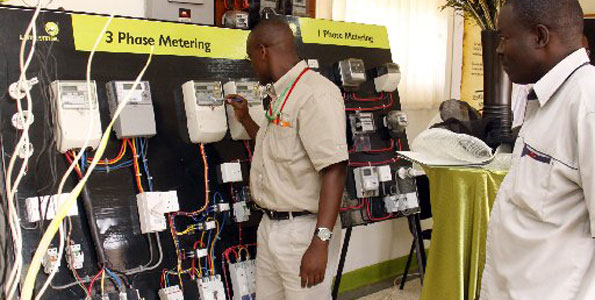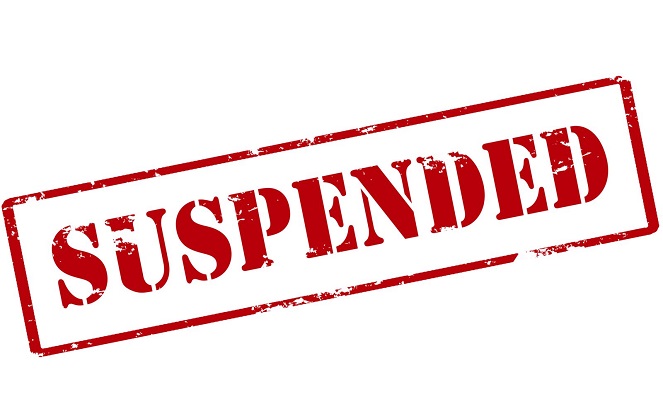Government Thursday labored to convince MPs why it increased electricity tariffs despite the fact that government had extended corporate income tax exemption to Bujagali Energy Limited and the reason was to bring down the cost of electricity in this country.
This is after Patrick Nsamba Oshabe, the Kassanda North MP on Wednesday 11th July 2018 wanted an explanation as to why there has been an increment in the power tariffs despite the fact that government had extended corporate income tax exemption to Bujagali Energy Limited and the reason was to bring down the cost of electricity in this country.
In response, Simon Du’janga, the Minister of Energy and Mineral Development, said for the third quarter of 2018, the Electricity Regulatory Authority (ERA) approved a 1.7% weighted average increase in end-user electricity tariffs in accordance with the Quarterly Tariff Review Methodology. He noted that the tariff was determined in consideration of the following; the Uganda Shilling has depreciated by 3.5%o against the US Dollar, from UShs 3,634.92/US$ in November 2012 to UShs 3,763.00/US$ as at 31st May 2018; the annual Consumer Price Index increased from 164.15 in November 2017 to 165.07 for the month of May 2018, representing an increase of 0.56%; the international fuel price for crude oil as at the end of May 2018 was US$ 74,11 per barrel compared to US$ 60.74 per barrel used in the determination of the 2018 Base Tariffs. This represents an increase in international fuel prices by 22% from the base period; the electricity export to Kenya has reduced from 48.69GWh in Q1 2018 to 24.72GWh in the second quarter of 2018, reducing export revenue by UETCL from UShs39.18 billion in Q1 2018 to UShs 17.60billion in Q2 2018.
“It is worth noting that, the depreciation of the Uganda Shilling against the United States Dollar is one of the major challenges affecting the financial sustainability of the Electricity Supply industry. Eight/ five percent (85%) of the total electricity industry revenue requirement is denominated in United States Dollars. This is attributed to among others: The need to provide for debt Service obligations for the Independent Power Producers in USD and Provision for procurement of network equipment that is imported in USD,” the minister said.
It should be noted that in July 2017, Parliament approved the waiver of Corporate Income Tax for Bujagali Energy Limited for the period 2017/18-2022/23
The minister said the benefits of refinancing Bujagali Hydropower has resulted in reduction of the generation tariff for Bujagali from an average of US cents 9.61/kwh to an average of US cents 7.91/kwh for the period 2018 to 2032.
“The impact of the implementation of the Bujagali Hydropower refinancing has resulted in reduction of the electricity tariffs for extra-large industrial manufacturers by 150% from an average tariff of US cents 10.1/kwh to an average of US cents 8.3/kwh and us cents 5.0 during the off peak period,” the minister said.





